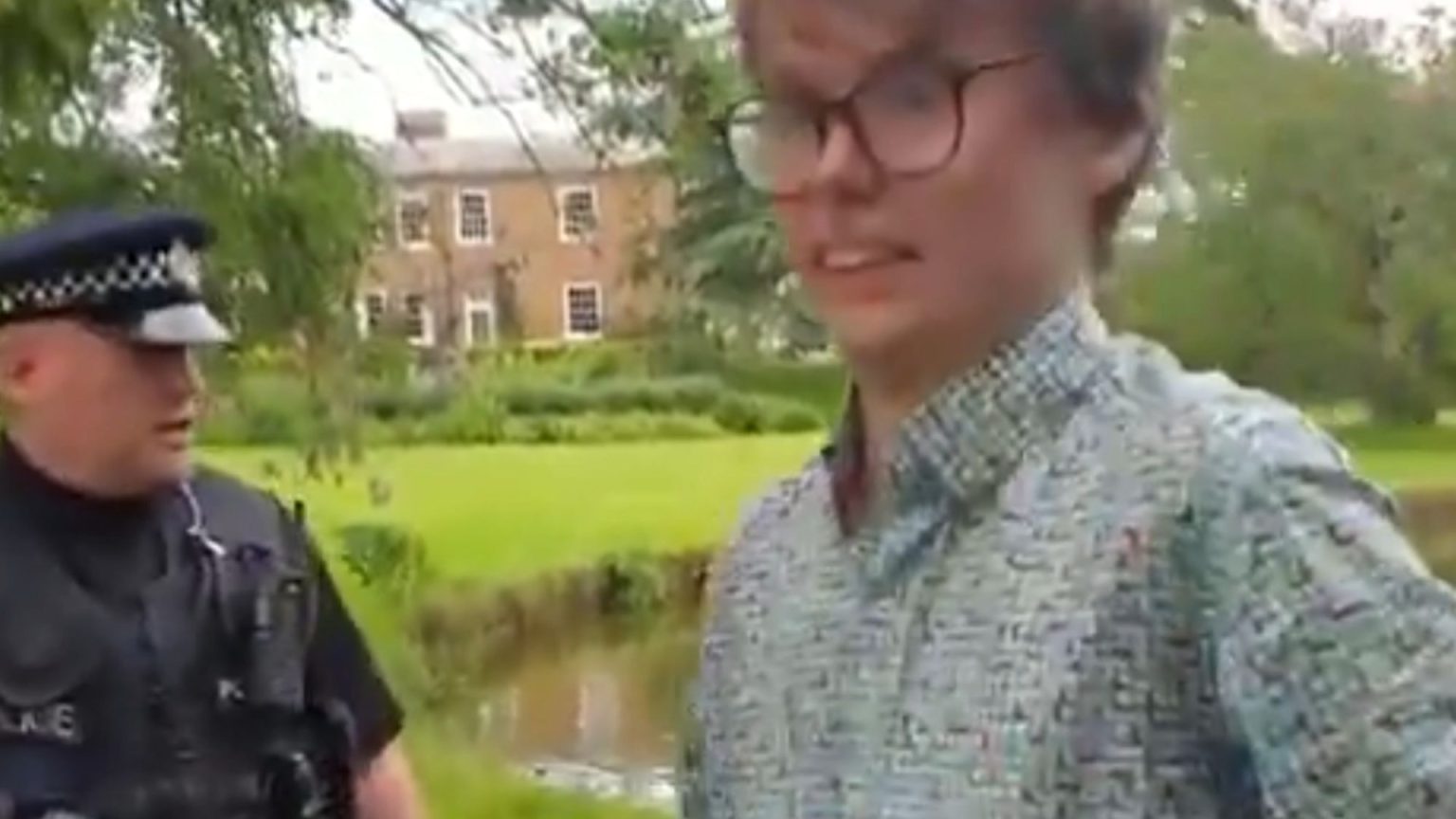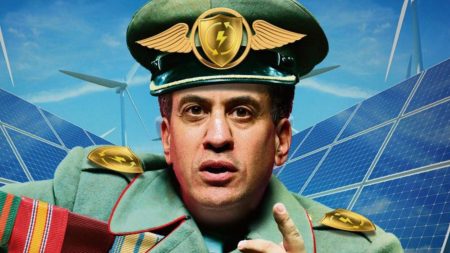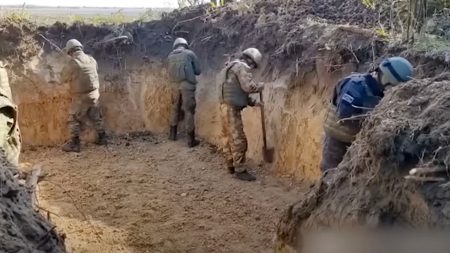Paragraph 1: The Incident and Initial Response
In June 2024, Just Stop Oil activist Oliver Clegg, 21, and three other individuals were arrested at the North Yorkshire manor house of former Prime Minister Rishi Sunak on suspicion of aggravated trespass. Clegg, along with the other protestors, had gained access to Sunak’s property, where Clegg proceeded to stage a "dirty protest" in the former PM’s duck pond. The act, described by some as a "leaving gift for the Tories," involved Clegg defecating in the pond. Along with the protestors, photojournalist Guy Smallman was also arrested and his equipment seized, highlighting the sometimes-blurred lines between participation and observation in such protests. The incident sparked controversy and raised questions about the appropriate responses to environmental activism and the balance between freedom of expression and the protection of private property.
Paragraph 2: The Decision and Public Reaction
Months after the incident, North Yorkshire Police informed Clegg that he would not be charged with any offence, a decision that has drawn mixed reactions. Clegg’s group, Youth Demand, announced the decision, framing it as a victory against government inaction on climate change. Some supporters celebrated the outcome, viewing it as a justified act of defiance against perceived political indifference. Conversely, critics condemned the protest as a crude and disrespectful stunt, questioning the effectiveness of such tactics in furthering the environmental cause. Tory MP Sir John Hayes expressed surprise at the lack of charges, emphasizing the importance of appropriate protest while acknowledging the essential role of protest in a functioning democracy. The varying responses underscored the complex nature of public opinion regarding environmental activism and the diverse interpretations of what constitutes legitimate protest.
Paragraph 3: The Context of Sunak’s Property and Political Career
The targeted property, a manor house built in 1826 located in Richmond, North Yorkshire, holds significance as the private residence of Rishi Sunak, who served as Prime Minister and held the position of Conservative MP for the Richmond constituency. Sunak purchased the property in 2015 after becoming the area’s MP. The choice of his home as the site of the protest suggests a deliberate attempt to personalize the demonstration and bring the issue of climate change directly to Sunak’s doorstep. This targeting of a political figure’s private residence adds another layer of complexity to the debate surrounding the protest, raising questions about the boundaries between public and private life and the acceptable limits of political activism.
Paragraph 4: Parallels and Comparisons with Other Protest Movements
The decision not to charge Clegg contrasts with other instances where individuals involved in protests have faced legal consequences, particularly those on the right of the political spectrum. Cases involving online hate speech and anti-immigration violence have resulted in jail sentences, prompting accusations of a "two-tier" justice system. These comparisons highlight the potential inconsistencies in the application of the law and raise questions about the factors that influence charging decisions in protest-related cases. The differing outcomes in seemingly similar situations fuel the debate about the fairness and impartiality of the legal system and its treatment of various forms of protest.
Paragraph 5: The Broader Context of Environmental Activism and Just Stop Oil
The incident involving Clegg is not an isolated event but rather part of a broader wave of environmental activism, particularly by groups like Just Stop Oil. This organization has gained notoriety for its disruptive tactics, aimed at raising public awareness and pressuring governments to take action on climate change. Their protests often involve civil disobedience and acts of disruption, such as blocking roads and targeting high-profile events or locations. The "dirty protest" at Sunak’s property falls within this pattern of disruptive activism, raising questions about the efficacy and ethical implications of such methods. The incident serves as a microcosm of the ongoing debate about the role and responsibilities of environmental activists in advocating for their cause.
Paragraph 6: Unanswered Questions and the Future of Environmental Protest
The lack of charges against Clegg leaves several questions unanswered. The rationale behind the Crown Prosecution Service’s decision remains unclear, adding to the perception of inconsistency in handling protest cases. Furthermore, the incident prompts reflection on the future of environmental activism and the effectiveness of various protest tactics. While some view disruptive actions as essential for raising awareness and prompting change, others argue that such methods may alienate potential supporters and undermine the credibility of the environmental movement. The incident at Sunak’s property underscores the ongoing tension between the need for urgent action on climate change and the search for effective and ethically sound methods of protest.











